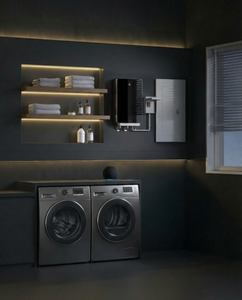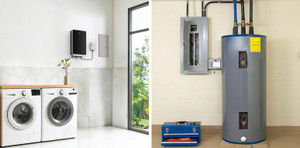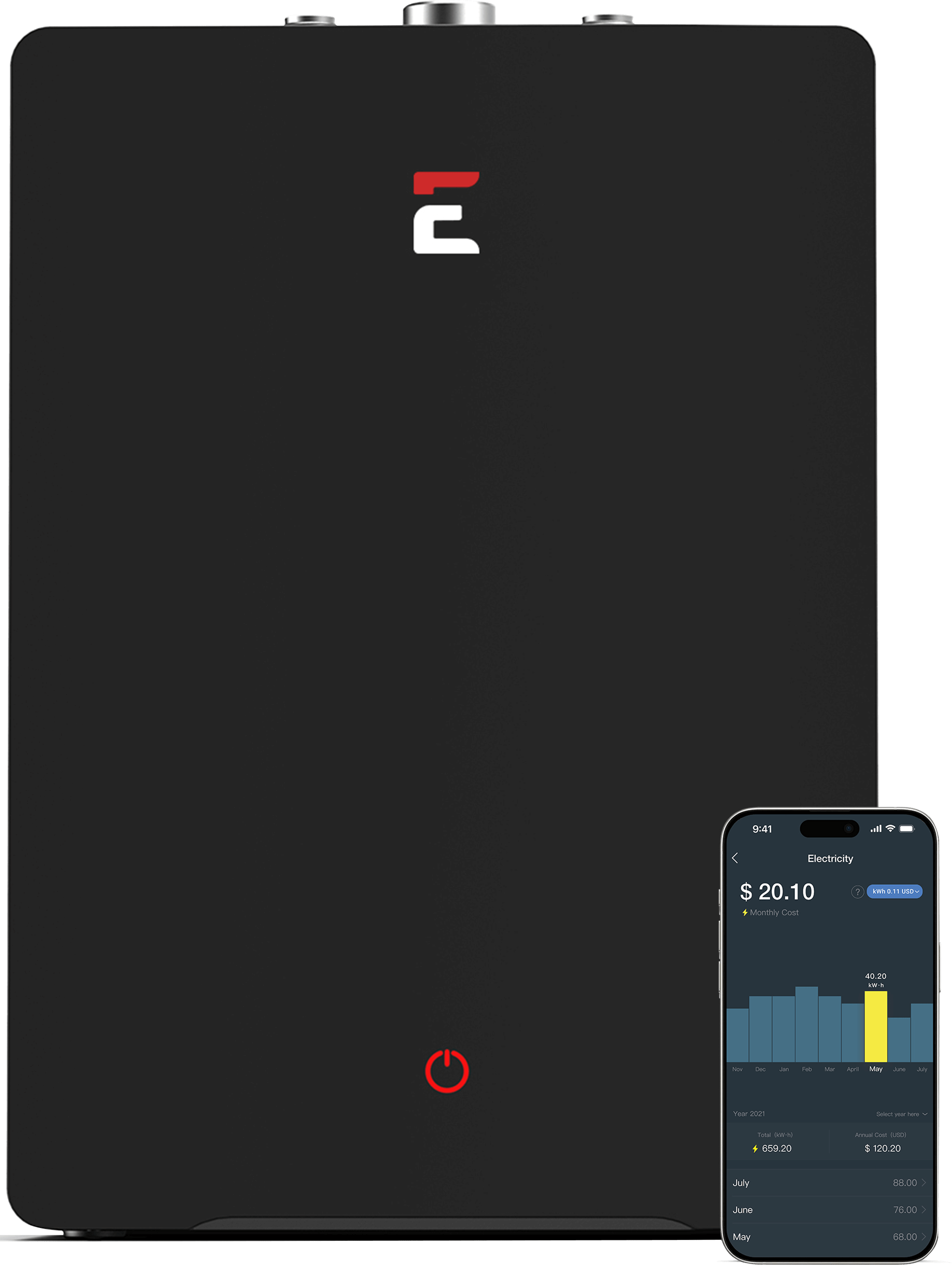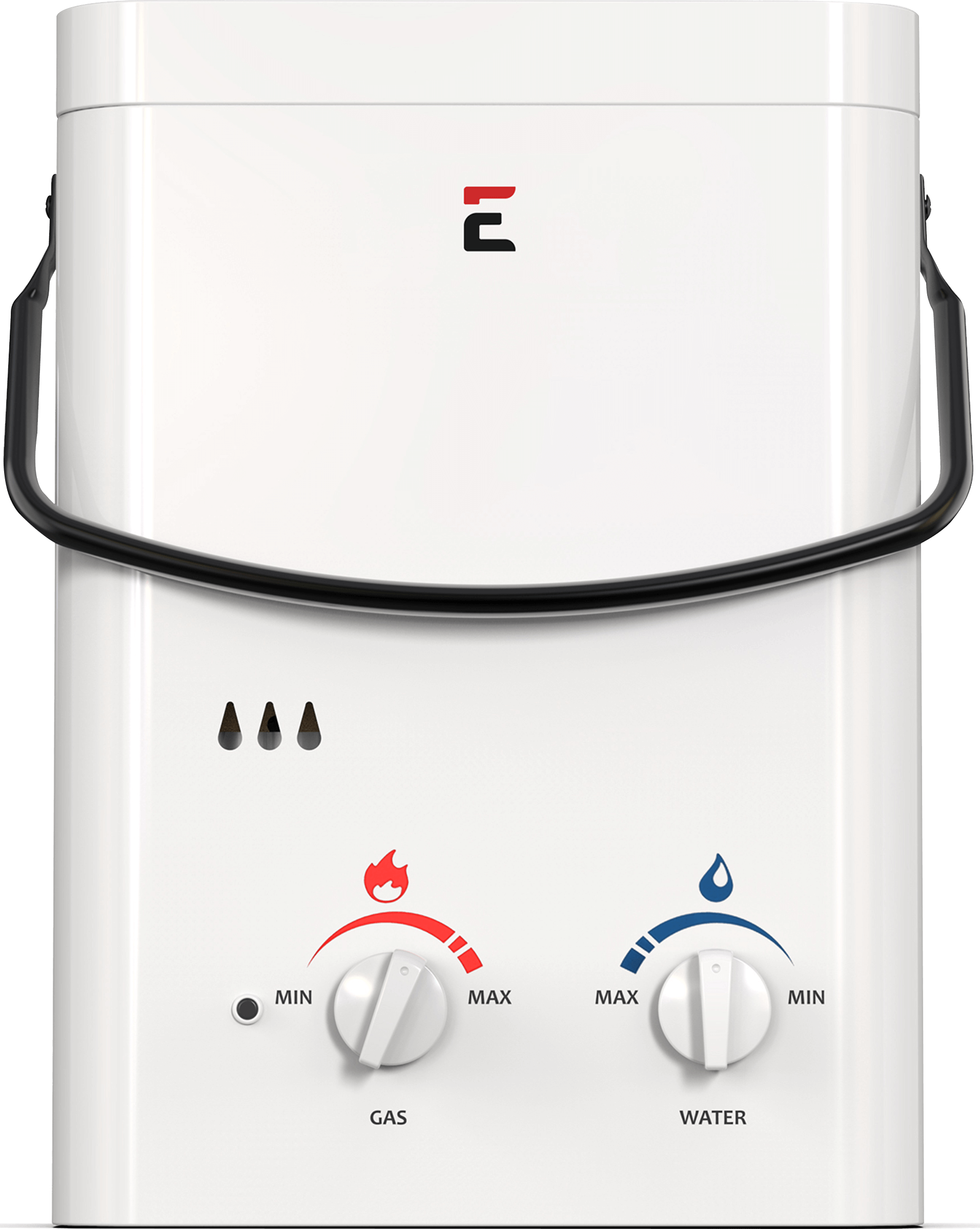Tankless vs Traditional: What’s Best for Your Canadian Home?
Why Canadians Are Rethinking Water Heating in 2025
Canadian homeowners are becoming increasingly aware of how important water heating systems are to their comfort, efficiency, and overall energy bills. In a country where winters can last half the year, hot water isn't a luxury—it’s essential. As technologies advance and home design trends shift toward eco-conscious and space-saving solutions, the conversation has moved beyond simple functionality. More and more, the question is no longer whether a home needs a water heater, but rather: what kind of water heating system delivers the most benefits in the long run?
Between tankless and traditional options, one solution is emerging as the smarter, more future-focused choice for modern Canadians. And that solution is tankless.
What Makes Tankless Heating Stand Out?
Tankless water heaters are designed for one core purpose: to deliver hot water exactly when you need it, without wasting energy or space. Instead of continuously heating a large tank of water 24/7, the system activates only when a hot water tap is turned on. The cold water flows through an advanced heat exchanger, instantly heating it to the desired temperature before sending it directly to your shower, faucet, or appliance.
This on-demand approach means there's no waiting for hot water to replenish, no wasting energy on standby heating, and no worries about running out of hot water halfway through your shower. These benefits have propelled tankless systems to the forefront of Canadian home upgrades, especially in 2025, where energy efficiency is more than a preference-it’s a priority.
Space-Saving for the Modern Canadian Home
One of the most immediate advantages of going tankless water heater is the space it frees up. Traditional water heaters require significant floor space, often relegating homeowners to basements or closets just to accommodate the bulky design. In contrast, tankless systems are compact and can be wall-mounted indoors or even installed outdoors with proper protection.
For Canadian homeowners living in increasingly space-conscious environments—like city condos, laneway homes, or cabins—this change is transformative. The added space can be used for storage, living areas, or simply to create a cleaner, more organized home. For cottages or vacation homes, the ability to install tankless heaters outdoors also means simpler access and less disruption to indoor layouts.
Lower Energy Bills in the Long Term
While the initial purchase of a tankless system may require a slightly higher investment, the real savings become clear over time. In a traditional setup, energy is constantly used to keep the water hot—whether you're using it or not. That means you're paying for heat even while you're sleeping, on vacation, or out running errands.
With tankless systems, energy is only used when hot water is actively needed. This can lead to significant reductions in monthly utility bills, especially in households where hot water use is spaced out across the day. As energy prices continue to rise in 2025, the ability to control and minimize usage becomes a major financial advantage.
Hot Water Without Compromise
One of the misconceptions about tankless systems is that they may struggle to keep up with high demand. But modern technology has evolved rapidly, and the latest tankless water heaters are built to serve multiple applications simultaneously—showers, laundry, and dishwashing—without delay.
Unlike traditional systems that rely on a fixed reservoir, tankless models don’t “run out” of hot water. Once activated, the flow continues uninterrupted for as long as needed. This is particularly important in colder regions of Canada where long, hot showers aren’t just a comfort—they’re a way to thaw out after frigid commutes or outdoor activities.
For growing families or homes with higher water usage, tankless systems can be sized appropriately or installed in tandem to meet even the most demanding requirements.
Durability That Outlasts Traditional Systems
Another key reason Canadians are switching to tankless in 2025 is durability. A well-maintained tankless water heater can last upwards of 20 years or more, while most traditional models begin to show wear and tear after 10 to 15 years. The longer lifespan makes the slightly higher initial investment far more worthwhile.
Tankless systems also have replaceable components, meaning individual parts can be repaired or updated without replacing the entire setup. This reduces waste, lowers long-term repair costs, and aligns with the growing trend toward more sustainable living practices in Canadian households.
Traditional models, on the other hand, are more susceptible to corrosion and sediment buildup—especially in hard water areas—and once internal damage begins, replacement is often the only solution.
Eco-Friendly Heating for a Greener Canada
As Canada continues to pursue ambitious climate goals, homeowners are playing a key role in shaping a greener future. Switching to a tankless water heater is one of the simplest and most impactful steps a household can take toward reducing its carbon footprint.
The reduced energy usage of tankless systems directly translates to fewer greenhouse gas emissions. When combined with gas powered or electric options that support renewable energy sources, the environmental benefits multiply even further.
Whether you're living in Vancouver, Calgary, Toronto, or a remote cottage in the Laurentians, using less energy to heat your water means you’re doing your part to preserve the environment for future generations—without sacrificing comfort or convenience.
Flexibility for All Canadian Lifestyles
Canada is a vast and diverse country. From small urban apartments to sprawling countryside homes, every household has different needs—and tankless heating meets them with unmatched flexibility.
In off-grid or remote settings, propane-powered tankless water heaters offer reliable hot water without the need for complex infrastructure. For seasonal properties like summer cabins or ski chalets, the compact design allows for easy winterization and setup.
Modern smart home integrations also make it easier than ever to control water heating remotely. With Wi-Fi connected tankless systems, Canadians can adjust settings, monitor performance, and even receive maintenance alerts from their smartphones.
Minimal Maintenance, Maximum Peace of Mind
Maintaining a tankless water heater is simple and straightforward. Regular descaling and annual checkups help keep the system running at peak efficiency, especially in areas with hard water. Most systems include advanced diagnostics and safety features that make troubleshooting easy and efficient.
Because there’s no large tank of standing water, tankless systems avoid many of the common problems that plague traditional models—like rust, leaks, and microbial growth. Homeowners can rest easy knowing their hot water is being delivered cleanly, efficiently, and reliably.
Is There Still a Place for Traditional Water Heating?
While tankless technology has clear advantages, there are still scenarios where traditional systems may make sense. In homes where infrastructure is outdated and retrofitting costs are prohibitive, a traditional model might serve as a short-term solution. Some homeowners may also feel more comfortable sticking with what they know, especially if their hot water demands are minimal.
However, these exceptions are becoming fewer each year. As infrastructure improves and homeowner awareness grows, the long-term benefits of tankless systems are becoming too substantial to ignore. More often than not, once Canadians experience the efficiency and convenience of tankless heating, they rarely look back.
Why Tankless Is the Smarter Choice in 2025
As we move deeper into an era shaped by smart homes, energy-conscious living, and eco-friendly priorities, the decision between tankless and traditional water heating is becoming increasingly clear. Tankless water heaters offer unparalleled efficiency, space savings, longevity, and performance that align perfectly with the evolving needs of Canadian households.
In 2025, choosing tankless is not just about upgrading a single appliance—it’s about investing in a more sustainable, economical, and forward-thinking lifestyle. Whether you're building a new home, upgrading your current one, or looking to cut down on energy bills, the tankless path offers a modern solution with long-term rewards.
Conclusion
Canadian homeowners are no longer just accepting what came with the house—they're making informed choices that reflect their values, their comfort, and their bottom line. In the debate between tankless and traditional water heating, tankless stands tall as the solution built for the future. With smart features, endless hot water, long-term savings, and a significantly smaller environmental footprint, it’s no surprise that more Canadians are making the switch and never looking back.
Tankless water heaters aren’t just a trend. They’re the smarter, cleaner, and more reliable choice for today—and for the decades ahead.
FAQ: Tankless Water Heating in Canada 2025
1. Why are Canadians switching to tankless water heaters in 2025?
Canadians are choosing tankless systems for energy efficiency, long-term savings, space-saving design, and eco-friendly performance. They deliver hot water on demand without wasting energy.
2. How do tankless water heaters work?
They heat water instantly as it flows through a heat exchanger, eliminating the need for a storage tank. This means you’ll never run out of hot water, no matter how long you use it.
3. Are tankless water heaters more expensive than traditional ones?
The upfront cost is slightly higher, but the long-term savings on energy bills and the extended lifespan (up to 20+ years) make tankless systems more cost-effective.
4. Can a tankless system handle Canadian winters?
Yes. Modern tankless units are designed with freeze protection and advanced technology to maintain hot water even in extreme cold.
5. Do tankless water heaters really save space?
Absolutely. Unlike bulky tanks, tankless systems are compact, wall-mounted, and can even be installed outdoors with proper protection—ideal for condos, cabins, or small homes.
6. How eco-friendly are tankless water heaters?
Tankless systems reduce standby energy loss, cutting overall energy consumption and lowering greenhouse gas emissions. They support Canada’s push toward greener, more sustainable living.
7. Are tankless water heaters durable?
Yes. With proper maintenance, they can last 20 years or more. Many models also allow individual parts to be replaced, reducing waste and repair costs.
8. Do they work for large families or high-demand households?
Yes. Tankless systems can be sized to meet demand or installed in tandem for larger households. Modern models easily support multiple showers and appliances running at once.
9. Is there still a place for traditional water heaters in Canada?
In some cases—like outdated infrastructure or low-demand households—a traditional system may be a short-term solution. However, tankless is increasingly seen as the smarter long-term choice.
10. What’s the biggest benefit of switching to tankless in 2025?
Endless hot water, lower energy bills, space savings, and long-term durability—all while reducing environmental impact.
 Weekly Deals
Weekly Deals
 Water Heaters
Water Heaters
 Accessories
Accessories
 Installation
Installation
 Parts
Parts
 Protection Plans
Protection Plans
















